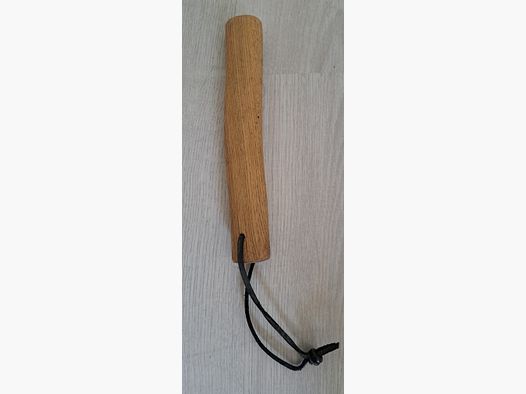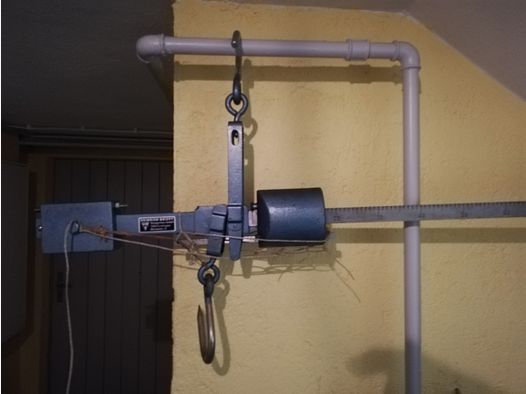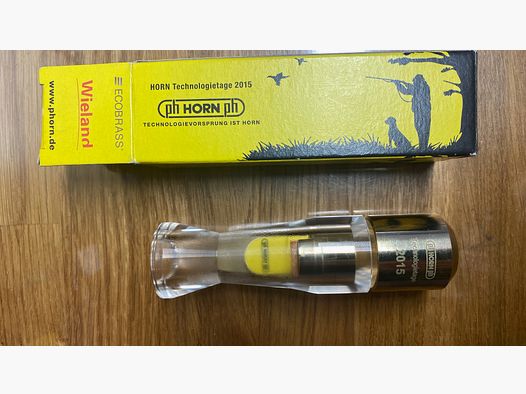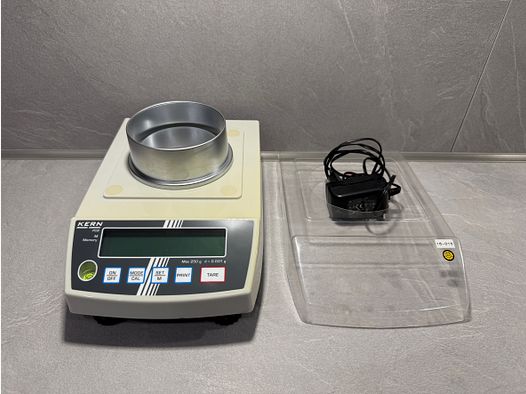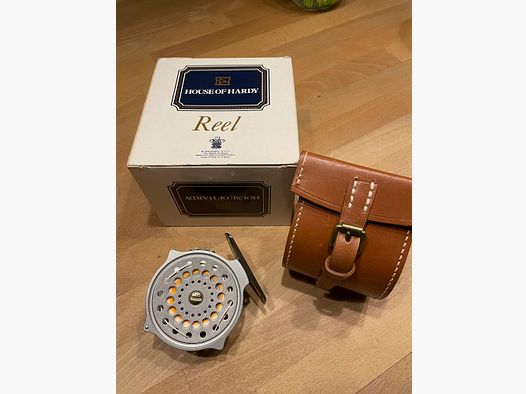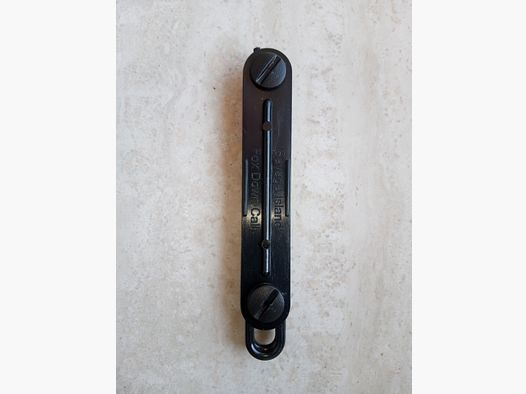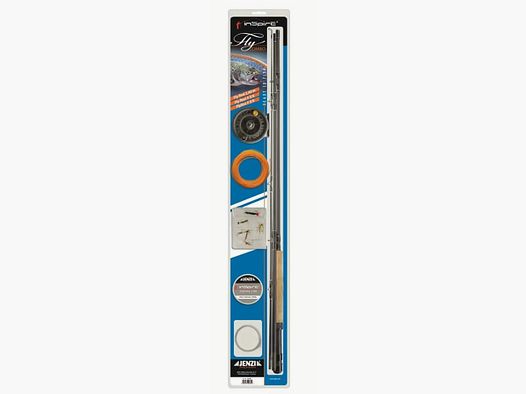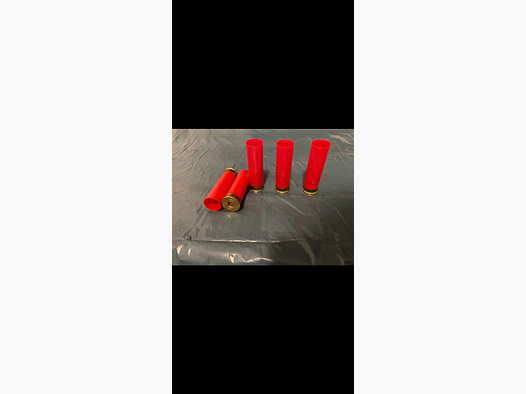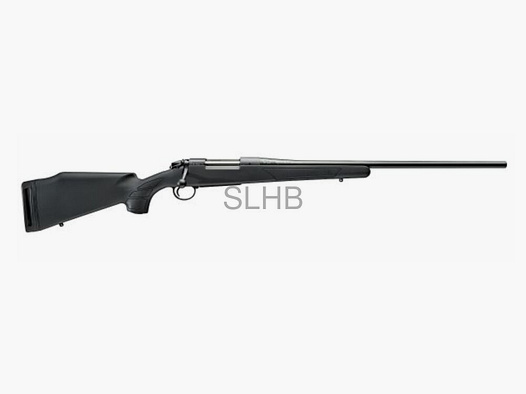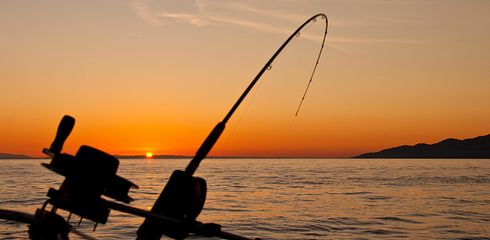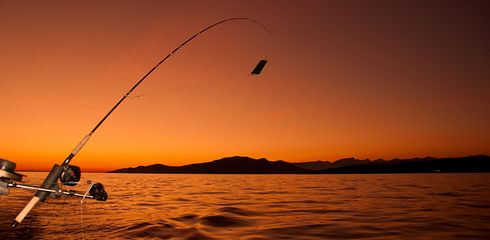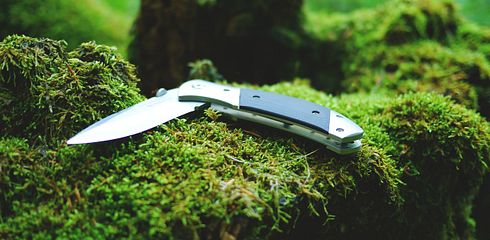Fishing can be a relaxing and fulfilling pastime, but even for experienced anglers, there are days when the fish simply won't bite. For beginners, this can be especially frustrating, as expectations are high at first. However, before frustration takes over, there are various tried-and-true strategies to cope when the long-awaited bite is delayed.
1. Patience is a Virtue
The first and most important lesson every angler must learn is patience. Fish are fickle and respond to various environmental factors. Sometimes it takes time for them to be in the mood to bite. Beginners tend to become impatient quickly, especially when they don't succeed right away. However, it is important to understand that fishing is not just about catching fish, but also about experiencing nature and relaxing by the water. Sit back, enjoy the surroundings, and take pleasure in the tranquility of fishing.
2. Change Tactics and Bait
If the fish aren't biting, it may be time to change tactics. Different fish species and waters require different strategies. Try changing your bait or varying your presentation. Sometimes a small change can make all the difference. Experiment with different fishing techniques, from bottom fishing to spinning, to find out what is most effective that day.
3. Explore the Water
Beginners tend to rely on familiar spots. This is perfectly fine, but if the fish aren't biting, it can be helpful to explore the water. Look for underwater structures, changes in depth, or other signs of fish activity. Sometimes the key to success lies in a new fishing spot.
4. Learn from Failures
Frustration can be a valuable lesson. When the fish aren't biting, it's the perfect opportunity to learn more about fishing. Ask experienced anglers nearby for their tips and techniques. Don't view the day as a failure, but as an opportunity to learn and improve.
5. Use the Right Equipment
Sometimes it simply comes down to the equipment. Check your rod, reel, and line for damage or wear. Make sure your hook is sharp enough. A well-maintained and properly adjusted setup can make all the difference.
6. Consider Weather and Season
The activity of fish is heavily influenced by the weather and season. Cold water in winter or extreme heat in summer can make fish sluggish. Research in advance the best conditions for the desired fish species and adjust your fishing tactics accordingly.
7. Relax and Enjoy
If the fish just won't bite, it's important not to take the situation too seriously. Relax and enjoy your time by the water. Take the opportunity to observe nature, enjoy the scenery, and appreciate the silence of fishing.
Conclusion: Turning Frustration into Experience
Fishing is a journey that comes with successes but also challenges. Frustration can be a part of it, but with the right approaches, it can be transformed into a valuable experience. Maintaining patience, varying tactics, and always being open to learning opportunities are crucial aspects. Every day by the water, regardless of the catch, is an opportunity to experience the beauty of fishing and deepen the connection to nature. So, when the fish won't bite, stay calm, change your approach, and let the magic of fishing continue to captivate you. Tight lines!



